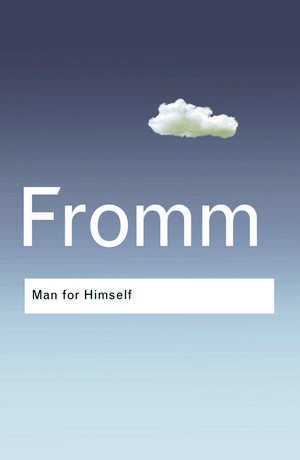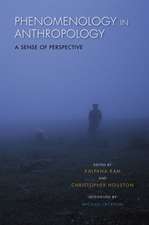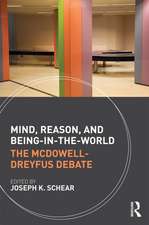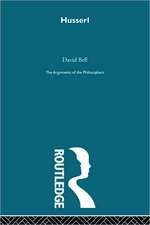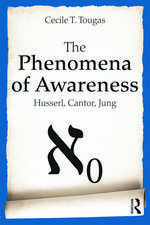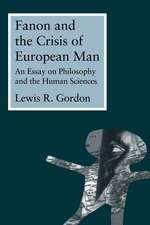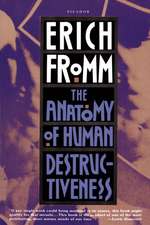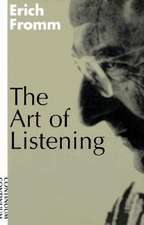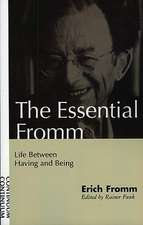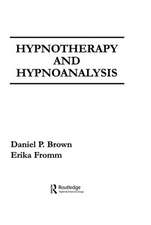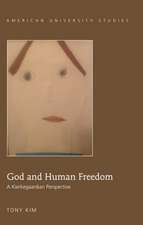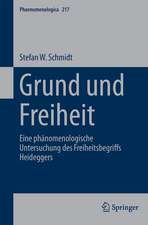Man for Himself: An Inquiry into the Psychology of Ethics
Autor Erich Frommen Limba Engleză Paperback – 24 apr 2003
| Toate formatele și edițiile | Preț | Express |
|---|---|---|
| Paperback (3) | 108.42 lei 3-5 săpt. | +9.15 lei 10-14 zile |
| Taylor & Francis – 24 apr 2003 | 108.42 lei 3-5 săpt. | +9.15 lei 10-14 zile |
| Holt McDougal – 31 oct 1990 | 110.93 lei 6-8 săpt. | |
| Taylor & Francis – 2 dec 2014 | 476.60 lei 6-8 săpt. | |
| Hardback (1) | 1185.47 lei 6-8 săpt. | |
| Taylor & Francis – 10 iun 1999 | 1185.47 lei 6-8 săpt. |
Preț: 108.42 lei
Nou
20.75€ • 21.58$ • 17.13£
Carte disponibilă
Livrare economică 22 martie-05 aprilie
Livrare express 11-15 martie pentru 19.14 lei
Specificații
ISBN-10: 0415307716
Pagini: 224
Ilustrații: black & white illustrations
Dimensiuni: 129 x 198 x 12 mm
Greutate: 0.22 kg
Ediția:Revised
Editura: Taylor & Francis
Colecția Routledge
Locul publicării:Oxford, United Kingdom
Public țintă
General, Postgraduate, and UndergraduateCuprins
Notă biografică
Erich Fromm (1900-80). Psychoanalyst and author, Fromm was arguably one of the most outstanding figures of twentieth-century humanism.
Recenzii
'The more one reads the more one is impressed by the author's insight and by his passionate conviction that freedom, courage, spontaneity and respect for life are the true bases of happiness and morality.' - The Times Literary Supplement
'He has enriched our understanding of man in humanity, compassion and love.' - Sunday Times
Descriere
Erich Fromm fought long and hard for the rights and freedoms of the individual. He also recognized that fundamental to this pursuit is the promotion of self-knowledge. In encouraging people to analyze their own behavior, Fromm identified the crucial link between psychology and ethics that underpins all our actions. Moreover, he saw in this a way out of the meaningless impasse which he regarded as the plight of the modern human race. The task that Fromm sets himself, therefore, in Man for Himself is no less than to identify "what man is, how he ought to live, and how the tremendous energies within man can be released and used productively." The resulting book is ample witness to Fromm's success. It makes for exciting, illuminating, even life-changing reading.
